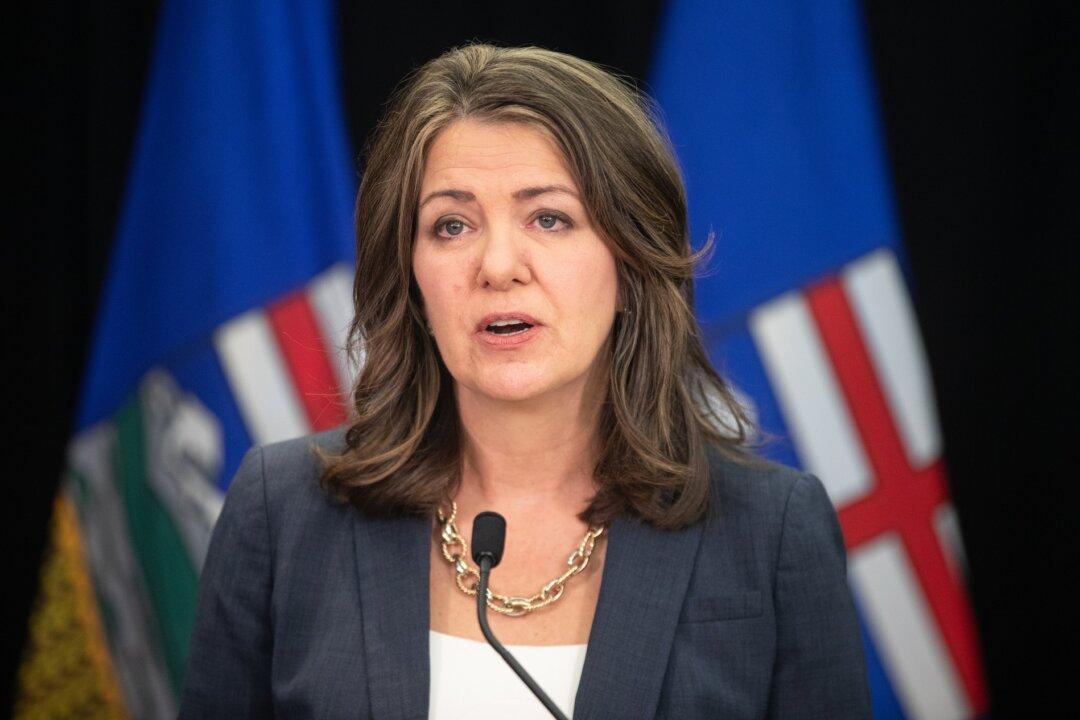The Alberta government is introducing a new patrol unit to combat drug smuggling, gun trafficking, and illegal migration across its border with Montana, aiming to enhance provincial security and strengthen ties with the United States.
The Interdiction Patrol Team will include over 50 uniformed officers, 10 support staff, four drug-sniffing dogs, 10 cold-weather surveillance drones, and four narcotics analyzers to detect illicit substances, Premier Danielle Smith said during a Dec. 12 press conference. The unit is set to become operational early next year at a cost of $29 million.





